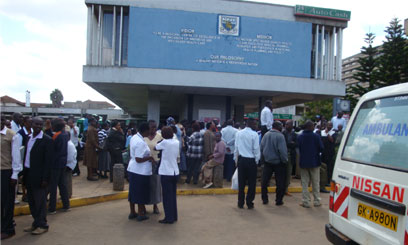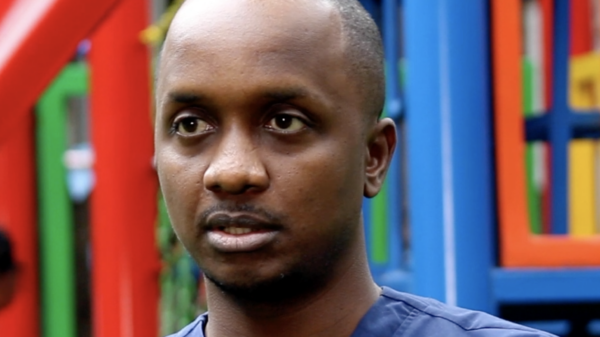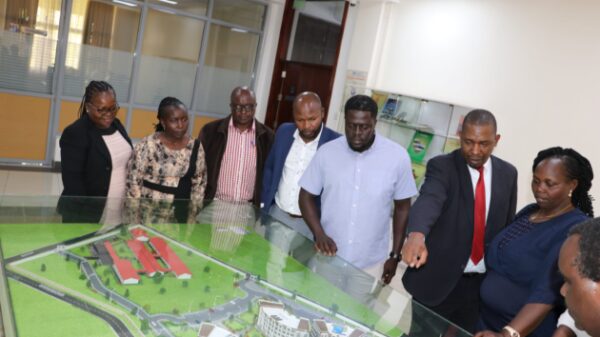It’s the hidden face of the London Olympics: while the athletes compete, thousands of technicians will run the most connected Games in history while dealing with the threat of cyber attacks.

The 2012 edition is expected to produce almost one third more data than the 2008 Beijing Olympics, all going to systems that will deliver results not just to Olympic venue scoreboards but to the rest of the world.
“The London Games will be the most connected games in history,” said Patrick Adiba, executive vice president of Atos, the technology company leading a group of six firms dealing with the Olympics.
“We have calculated there will be about eight billion devices connected to Internet by the time of the Games including smartphones and tablets: more than the number of human beings on earth,” he added.
“So it means that we’ll have a huge amount of data to be processed and a huge amount of people accessing it and enjoying the Games. That will be what makes London very different from previous Games.”
The consortium will be responsible for around 9,500 computers, 1,000 network and security devices and 900 servers for the Games.
They will have undergone 200,000 hours of testing in the run-up to the biggest challenge they will ever have to face.
Looking after them is an army of 3,500 technicians making sure that the system transmits flawlessly, unhindered by possible cyber attacks, hacking incidents or merely technical breakdowns.
According to US networking giant Cisco, which as one of Atos’s partners has among other tasks been responsible for installing 1,800 Wi-Fi stations for the Games, the information network must cope with 30 percent more data than Beijing.
The task is massive: to transmit in real time — or at least in the space of 300 milliseconds, which is the limit of human perception — competition results from the “Olympic family” to Internet sites, the media and broadcasters.
They will also supply security passes for the Olympic site.
All the systems have been duplicated to prevent a single breakdown jeopardising the Games.
Preparations started in 2008, in new offices at Canary Wharf, the financial district in east London near the Olympic stadium, where Atos set up its technological laboratory, equipped with hundreds of computers.
To guard against all eventualities, each sporting discipline has gone through 9,000 different scenarios from the most likely to the most implausible.
“Some problems are technical, others much less so: for example we can simulate a power cut or a computer crash, but we also have to think about a traffic problem which stops our staff getting to work on time. Our people have to expect the unexpected,” Adiba said.
During the Games themselves, at the control centre there will be around 500 specialists watching the situation 24 hours a day.
The Olympics are one of the most watched sporting events in the world with an expected audience of four billion people, out of a world population of seven billion people.
The British government warned that despite all the preparations the Games could not be made immune to cyber attacks.
“This year’s Olympics in the United Kingdom will not be immune to cyber attacks by those who would seek to disrupt the Games,” said Francis Maude, a senior cabinet minister with responsibility for cyber security.
“The Beijing Olympics saw 12 million cyber-security incidents during their Olympics.”
But Adiba said they were “not particularly obsessed by cyber attacks”.
“Our role is to protect the information at all costs,” Adiba said, “whether it is from a technical error or a hacker.
“If there is a problem it doesn’t matter what caused it: we will disconnect the system concerned because our goal is that the competition can go on without disruption to the athletes.”
















































